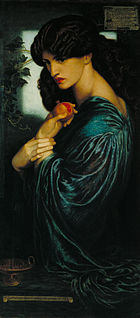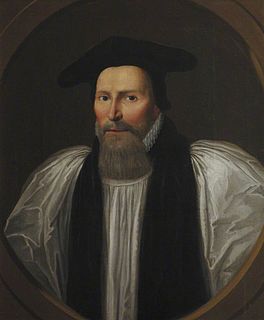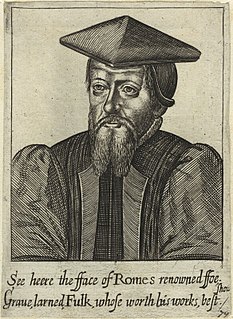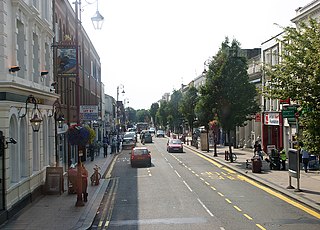
Year 1576 (MDLXXVI) was a leap year starting on Sunday of the Julian calendar.

The Pre-Raphaelite Brotherhood was a group of English painters, poets, and art critics, founded in 1848 by William Holman Hunt, John Everett Millais and Dante Gabriel Rossetti. The three founders were joined by William Michael Rossetti, James Collinson, Frederic George Stephens and Thomas Woolner to form the seven-member "brotherhood". Their principles were shared by other artists, including Ford Madox Brown, Arthur Hughes and Marie Spartali Stillman.
This article presents lists of the literary events and publications in 1675.
This article presents lists of the literary events and publications in 1657.
This article presents lists of the literary events and publications in 1654.
Thomas Marshall may refer to:
Thomas Smith may refer to:
Thomas Wright may refer to:

John Buckeridge was an English churchman.

William Fulke was an English Puritan divine.
Events from the year 1861 in art.
Arthur Featherstone Marshall was an English Anglican priest who converted to Roman Catholicism in the 1860s.
Events from the year 1707 in Ireland.
Events from the year 1752 in Great Britain.
William Payne may refer to:

Peter Paul Marshall was a Scottish civil engineer and amateur painter, and a founding partner of the decorative arts firm Morris, Marshall, Faulkner & Co.
John Towne (1711?–1791) was an English churchman and controversialist, archdeacon of Stow from 1765.
Events from the year 1712 in France
Events from the year 1649 in France
Herbert Cutner (1881–1969) was an English artist, etcher and freethought writer.












